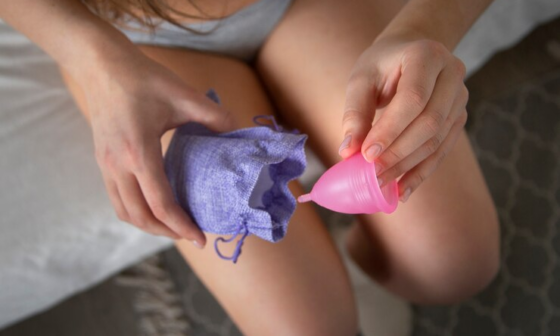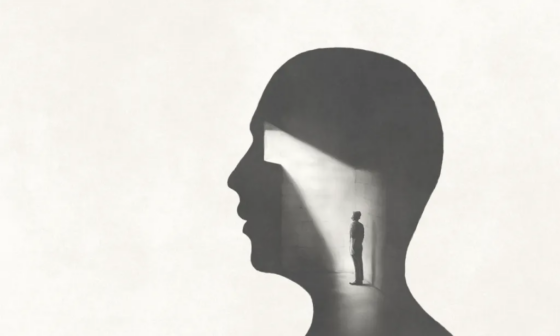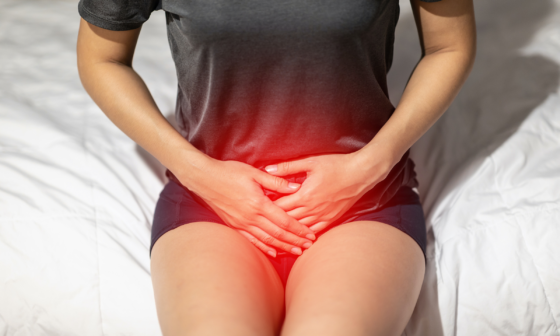Hair loss is a prevalent concern for many, with factors like genetics, age, and hormonal changes known to contribute to it. However, one topic that frequently appears in online discussions is whether masturbation can directly cause hair loss. Despite being a widely held belief, especially among younger people, this notion remains unfounded. Let’s delve into the origins of this myth, the scientific factors that actually contribute to hair loss, and clarify why masturbation does not influence hair health.
The Origins of the Masturbation-Hair Loss Myth
The association between hair loss and masturbation likely stems from historical beliefs linking sexual activity, especially in excess, to adverse health effects. In various cultures, there have been claims that frequent ejaculation, either through sexual activity or masturbation, leads to physical weakness, loss of vital nutrients, and even hair thinning. While these claims are deeply embedded in cultural narratives, they lack scientific evidence.
What Really Causes Hair Loss?
To understand hair loss, it’s essential to recognize the main factors that contribute to it, none of which include masturbation.
1. Genetics and Heredity
- Hair loss, especially androgenetic alopecia, is primarily caused by genetic predisposition. This type of hair loss is hereditary and affects both men and women, typically leading to male-pattern or female-pattern baldness. If hair loss runs in your family, your likelihood of experiencing it increases significantly.
2. Hormonal Factors
- Testosterone and its byproduct, DHT (dihydrotestosterone), play a crucial role in hair health. In individuals genetically predisposed to hair loss, DHT binds to hair follicles, weakening them over time, which causes thinning and eventual hair loss. However, daily habits like masturbation do not significantly influence DHT levels to a degree that would affect hair health.
3. Nutritional Deficiencies
- Nutrients like iron, vitamins (particularly Vitamin D and B vitamins), and proteins are essential for maintaining healthy hair. When the body lacks these nutrients, hair can become brittle and prone to shedding. A balanced diet, rather than sexual activity levels, determines whether the body has the nutrients necessary for hair growth.
4. Lifestyle and Stress
- High-stress levels, poor sleep, and lifestyle factors like smoking can negatively impact hair health. Chronic stress, for example, can lead to a condition known as telogen effluvium, where hair prematurely enters the shedding phase.
Debunking the Myth: Why Masturbation Doesn’t Cause Hair Loss
Despite widespread claims, there is no scientific evidence to support the idea that masturbation causes hair loss. Here’s why:
Masturbation and Nutrient Loss
A common argument for the masturbation-hair loss myth is that ejaculation leads to the depletion of vital nutrients, which can supposedly affect hair health. While ejaculation does use up small amounts of zinc and protein, these amounts are negligible and do not significantly impact the body’s overall nutritional reserves. Regular masturbation does not deplete the body of essential nutrients in a way that would influence hair health or contribute to hair loss.
Hormonal Fluctuations
Another reason people link masturbation to hair loss is the belief that it alters testosterone or DHT levels. Studies show that while sexual activity, including masturbation, can cause temporary fluctuations in testosterone levels, these changes are brief and return to baseline soon after. The slight variations in hormone levels due to masturbation are not enough to affect hair growth or loss. In contrast, genetic and hormonal factors, unrelated to masturbation frequency, are the actual determinants.
Why the Misconception Persists
The belief that masturbation causes hair loss may persist due to the complex interplay between hormones and hair health. Testosterone is indeed connected to both libido and hair loss in men, but masturbation does not create the prolonged hormonal shifts necessary to influence hair follicles. This confusion has led to misunderstandings, especially among those concerned with changes in their appearance.
In addition, some people may notice hair loss and attribute it to their habits, including masturbation, due to coincidental timing. Male-pattern baldness, for example, can start to manifest around the same time that individuals become more aware of their sexual behaviors, which can lead to a psychological association between the two.
Real Ways to Prevent Hair Loss
Since masturbation does not cause hair loss, focusing on proven methods for hair health can be more beneficial. Here are a few science-backed ways to manage and possibly slow hair loss:
- Eat a Nutrient-Rich Diet: Consuming a diet rich in proteins, vitamins (like Vitamin B, Vitamin D, and E), and minerals such as iron and zinc is essential for healthy hair. Nutritional deficiencies are linked to hair shedding and thinning.
- Manage Stress: High stress can disrupt the hair growth cycle. Engage in stress-relieving activities like exercise, meditation, or hobbies to keep stress in check.
- Consult a Dermatologist: If you’re experiencing hair loss, consulting a dermatologist can help you understand the underlying causes, whether they’re genetic, medical, or lifestyle-related. Early intervention, especially in cases of genetic predisposition, can sometimes slow the progression of hair loss.
- Consider Medical Treatments: FDA-approved treatments like minoxidil (Rogaine) and finasteride can help slow hair loss and promote regrowth for some individuals with male-pattern or female-pattern baldness.
- Avoid Harsh Hair Treatments: Excessive use of hair products or heat-styling tools can weaken hair, leading to breakage and shedding. Opt for gentle hair care practices and avoid aggressive treatments that may cause damage over time.
Conclusion
The myth that masturbation causes hair loss has been debunked by medical experts and scientific evidence. Hair loss is primarily influenced by genetics, hormonal factors, and lifestyle choices, not by one’s sexual habits. If you are concerned about hair loss, consider focusing on established prevention methods and consulting with a healthcare provider. Shifting attention to healthy habits, rather than worrying about misconceptions, is a positive step toward overall well-being and hair health.
By understanding the real causes of hair loss and dispelling myths, you can make more informed choices for your health and put unnecessary concerns to rest.






